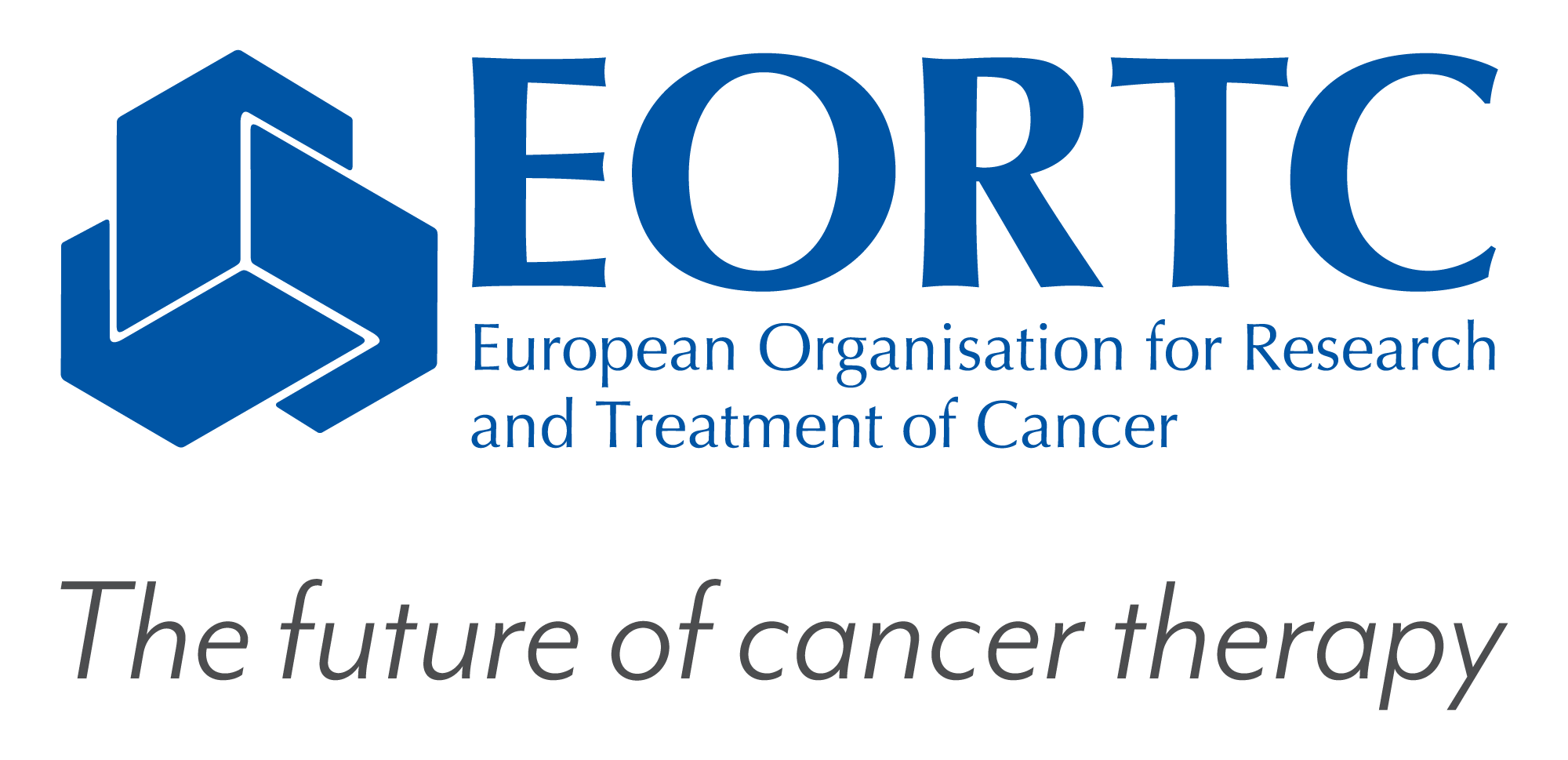Project summary
Recurrent glioblastoma is an invariably fatal refractory cancer with dismal prognosis. Patients suffer from low quality of life and very burdensome symptoms.
The LEGATO project is proposing an investigator-initiated phase III randomised pragmatic clinical trial. We will assess whether the addition of radiation treatment to lomustine chemotherapy has superior efficacy as compared to lomustine chemotherapy alone for treatment of patients with recurrent glioblastoma. The study will apply minimal patient eligibility criteria, and thus be as close as possible to the routine clinical setting.
Cost-effectiveness analysis will be performed to investigate the economic value of adding radiation treatment to lomustine chemotherapy in different countries to support evidence-informed policy decisions. If successful, the outcomes of the project will define a new evidence-based standard of care for recurrent glioblastoma.
We are a multidisciplinary and multistakeholder consortium involving clinical oncologists, radiation oncologists, health economists and patient representatives. The study design was successfully discussed with patients. This action is part of the Cancer Mission cluster of projects on ‘Diagnosis and treatment.”
Latest developments of LEGATO
Be part of LEGATO
Scientific publications and presentations
Our partners across Europe
Project Progress
-
Q2 2023 - Protocol V1.0 release
COMPLETED
-
Q3 2023
Preparation & Compiling of the regulatory submission package of the study Submission of the regulatory dossier
-
Q1 2024
Receipt of regulatory and ethics approval First site active First patient in
-
Q4 2026
Completion of recruitment of the study population: 32 months (411 pts, 2 arms, 10 countries and 40 sites)
-
Q3 2027
End of collection of primary and secondary endpoints
-
Q1 2028
Final assessment of all study participants Data analysis and reporting of the study results End of Trial notification

EU Cancer mission
EU missions are a new way to bring concrete solutions to some of our greatest challenges. They have ambitious goals and will deliver tangible results by 2030. They will deliver impact by putting research and innovation into a new role, combined with new forms of governance and collaboration, as well as by engaging citizens. EU Missions are a novelty of the Horizon Europe research and innovation programme for the years 2021-2027.
EU Cancer Mission: improving the lives of more than 3 million people by 2030 through prevention, cure and for those affected by cancer including their families, to live longer and better. Cancer affects everyone regardless of age, gender or social status and represents a tremendous burden for patients, families, and societies at large. According to the European Cancer Information System, each year 2,7 million people are diagnosed with cancer and 1,3 million lost their lives due to this disease in Europe. If no further action is taken, the number of people newly diagnosed will increase to more than 3,24 million by 2040. The Cancer Mission has defined clear and ambitious objectives to reverse these frightening trends. By joining efforts across Europe with citizens, stakeholders and Member States, the Mission on Cancer together with the Europe’s Beating Cancer Plan will provide a better understanding of cancer, allow for earlier diagnosis and optimisation of treatment and improve cancer patients’ quality of life during and beyond their cancer treatment.
The 4 Mission objectives
-
Understanding of cancer
-
Prevention and early detection
-
Diagnosis and treatment
-
Quality of life for patients and & their families





